Water isn’t the only way to stay hydrated throughout the day. Many foods pack more hydration power than you might expect, plus they deliver vitamins, minerals, and nutrients that plain water can’t match.
These natural hydrators can help you meet your daily fluid needs while satisfying your taste buds. Ready to discover which foods can keep you refreshed and energized?
1. Watermelon
Nothing beats biting into a juicy watermelon slice on a hot summer day. This refreshing fruit contains about 92% water, making it one of nature’s most effective thirst-quenchers.
Beyond its impressive water content, watermelon delivers lycopene, an antioxidant that protects your skin from sun damage. The natural sugars provide quick energy without the crash that comes from processed drinks.
Pack watermelon cubes in your lunch or blend them into a smoothie for an instant hydration boost that tastes like summer vacation.
2. Cucumber
Crunchy, cool, and incredibly refreshing, cucumbers are basically water in vegetable form. With 95% water content, they’re among the most hydrating foods you can eat.
The silica in cucumber skin helps keep your joints healthy and your complexion glowing. Plus, they’re practically calorie-free, so you can munch on them guilt-free throughout the day.
Add cucumber slices to your water bottle for extra flavor, or enjoy them with a sprinkle of salt for a satisfying snack that keeps you hydrated.
3. Lettuce
Iceberg lettuce might get a bad rap for being “boring,” but it’s actually a hydration superstar. This crisp green contains 96% water, making it the most hydrating vegetable on the planet.
While it may not pack as many nutrients as darker greens, iceberg lettuce still provides folate and vitamin K. The high water content helps you feel full without adding many calories to your meal.
Use large lettuce leaves as wraps for your favorite fillings, or add extra lettuce to your sandwiches for a satisfying crunch that boosts your hydration.
4. Celery
That satisfying crunch when you bite into celery? That’s the sound of 95% water content working its magic. This humble vegetable is like drinking water while getting your fiber fix.
Celery contains natural sodium, which helps your body retain the water you’re consuming. The fiber keeps you feeling satisfied longer than most snacks, making it perfect for weight management.
Spread some peanut butter on celery sticks for a protein-packed snack, or add chopped celery to soups and stews for extra hydration and texture.
5. Tomatoes
Bursting with flavor and moisture, tomatoes are nature’s juicy gems. At 94% water content, they’re like little water balloons packed with nutrients and taste.
The lycopene in tomatoes becomes more available when they’re cooked, making tomato sauce and soup excellent hydrating options. Fresh tomatoes also provide vitamin C and potassium for heart health.
Slice them for sandwiches, dice them for salads, or blend them into gazpacho for a refreshing soup that delivers serious hydration on hot days.
6. Bell Peppers
Bright, colorful, and surprisingly juicy, bell peppers pack 92% water content along with a serious vitamin C punch. Red peppers contain more vitamin C than oranges!
The natural sweetness and crunch make them perfect for snacking, while their high water content helps keep you hydrated. Different colored peppers offer slightly different nutrient profiles, so mix them up.
Enjoy them raw with hummus, stuff them with rice and vegetables, or add them to stir-fries for a hydrating crunch that brightens any meal.
7. Strawberries
Sweet, juicy, and irresistibly delicious, strawberries are 91% water wrapped in nature’s candy coating. Each bite delivers hydration along with natural sweetness that satisfies cravings.
These ruby gems are loaded with vitamin C, folate, and antioxidants that support immune function. The natural sugars provide energy without the artificial additives found in sports drinks.
Freeze them for a cool treat on hot days, blend them into smoothies, or simply enjoy them fresh as a hydrating snack that feels like dessert.
8. Cantaloupe
This orange-fleshed melon is like sunshine in fruit form, delivering 90% water content along with a sweet, refreshing taste. Cantaloupe is summer hydration at its finest.
Rich in beta-carotene and vitamin A, cantaloupe supports eye health while keeping you hydrated. The natural electrolytes help replace what you lose through sweat during hot weather.
Cube it for fruit salads, blend it into agua fresca, or simply enjoy it chilled as a naturally sweet way to boost your daily water intake.
9. Zucchini
Often overlooked as a hydration source, zucchini quietly delivers 95% water content while adding substance to your meals. This versatile summer squash is hydration disguised as a hearty vegetable.
The mild flavor makes it perfect for sneaking into recipes without changing the taste. Zucchini provides potassium and vitamin C while helping you reach your daily fluid goals.
Spiralize it into noodles, grate it into muffins, or simply sauté it with herbs for a hydrating side dish that complements any meal perfectly.
10. Oranges
Citrus lovers rejoice! Oranges pack 87% water content along with that familiar burst of tangy sweetness. Each segment is like a tiny water balloon flavored with sunshine.
The vitamin C content supports immune function while the natural sugars provide sustained energy. The fiber helps slow sugar absorption, making oranges a smart choice for steady hydration.
Peel and eat them fresh, squeeze them into juice, or add segments to salads for a hydrating citrus boost that brightens your day.
11. Grapefruit
Tangy, slightly bitter, and incredibly refreshing, grapefruit delivers 88% water content with a wake-up call for your taste buds. This citrus powerhouse hydrates while energizing your senses.
The natural enzymes may help boost metabolism, while the vitamin C supports immune health. Pink and red varieties contain lycopene, the same antioxidant found in tomatoes.
Start your morning with half a grapefruit, add segments to green salads, or blend into smoothies for a tart twist that keeps you hydrated.
12. Spinach
Popeye’s favorite green is 90% water, making it one of the most hydrating leafy vegetables you can eat. Fresh spinach delivers serious nutrition along with impressive fluid content.
Packed with iron, folate, and vitamin K, spinach supports energy production and bone health. The high water content helps these nutrients absorb more easily into your system.
Toss it into salads, blend it into smoothies, or wilt it into pasta dishes for a hydrating green boost that your body will thank you for.
13. Broccoli
Surprisingly, this tree-shaped vegetable contains 89% water content along with powerful nutrients that support overall health. Broccoli proves that hydrating foods can be hearty and satisfying too.
The sulforaphane in broccoli supports detoxification while the vitamin C boosts immune function. The fiber helps you feel full while contributing to your daily water needs.
Steam it lightly to preserve water content, add it to stir-fries, or enjoy it raw with dip for a crunchy, hydrating snack that packs nutritional punch.
14. Yogurt
Creamy, tangy, and surprisingly hydrating, yogurt contains about 85% water content plus probiotics that support digestive health. This dairy delight hydrates while nourishing your gut microbiome.
The protein content helps you feel satisfied longer than most snacks, while the natural electrolytes support proper hydration. Greek yogurt offers even more protein per serving.
Enjoy it plain, mix in fresh fruit, or use it as a base for smoothies to create hydrating treats that taste indulgent while supporting your health.
15. Soup
Warm, comforting, and incredibly hydrating, soup is basically vegetables swimming in their own natural juices. Broth-based soups can be 80-95% water, making them hydration heroes in disguise.
The combination of water, vegetables, and sometimes protein creates a complete meal that satisfies hunger while meeting fluid needs. The warmth helps your body absorb nutrients more effectively.
Choose vegetable, chicken, or miso-based broths for maximum hydration benefits, and load them with water-rich vegetables for a doubly hydrating meal that warms you from within.
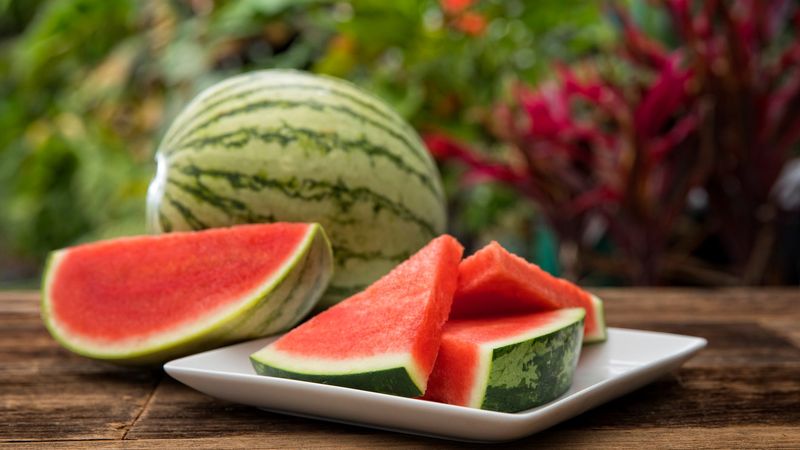
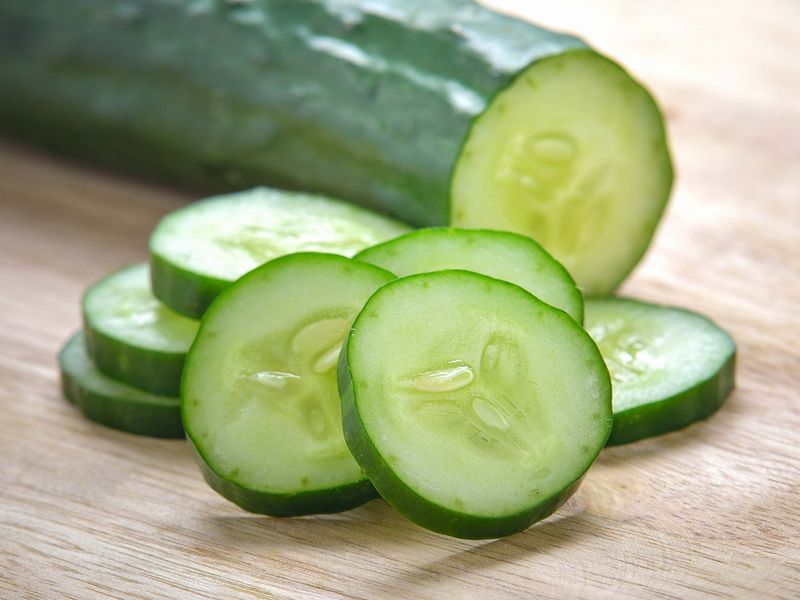
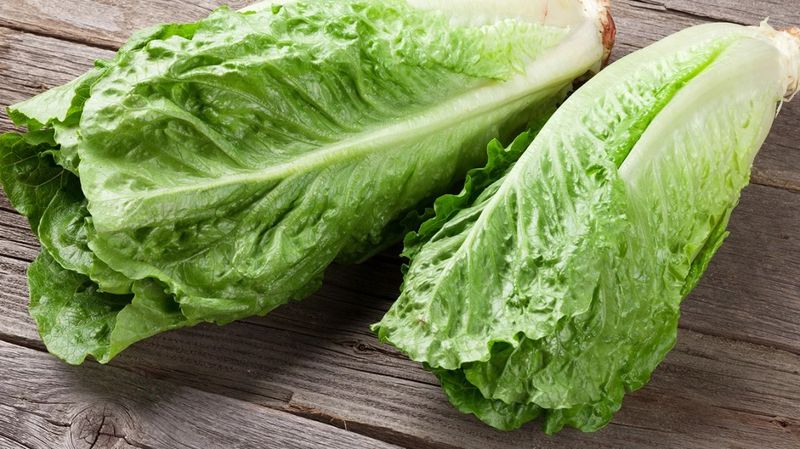
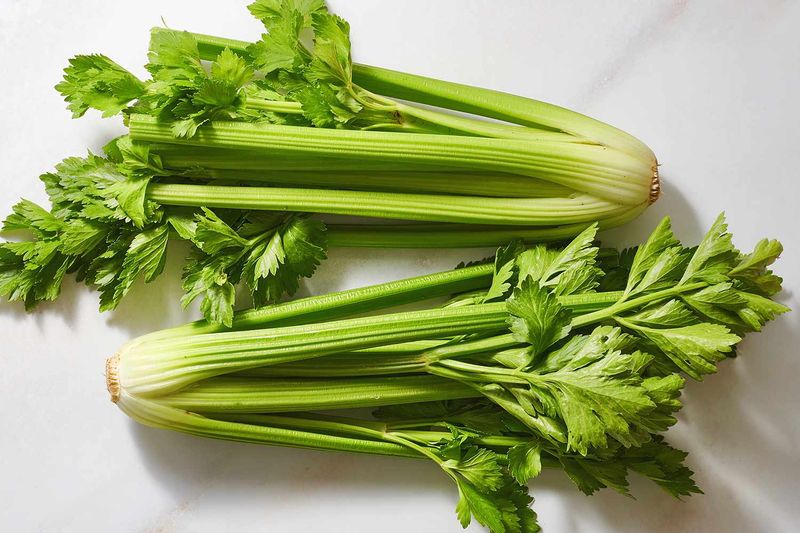
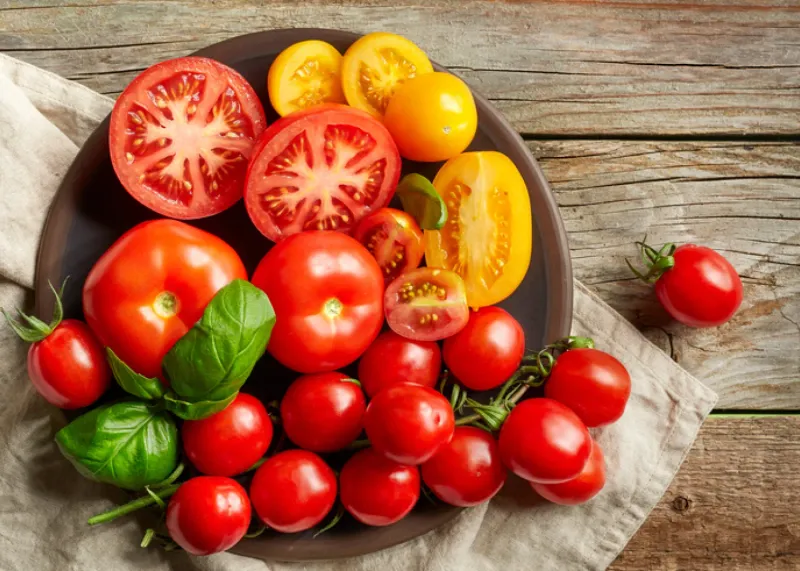
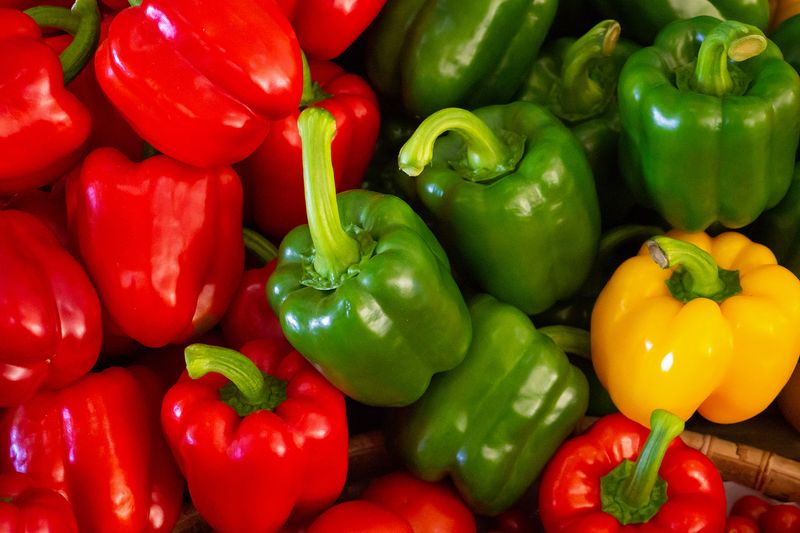
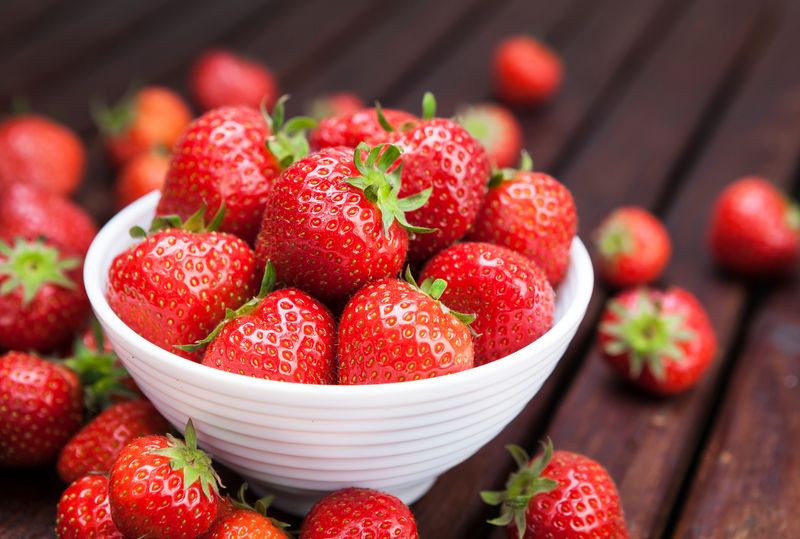
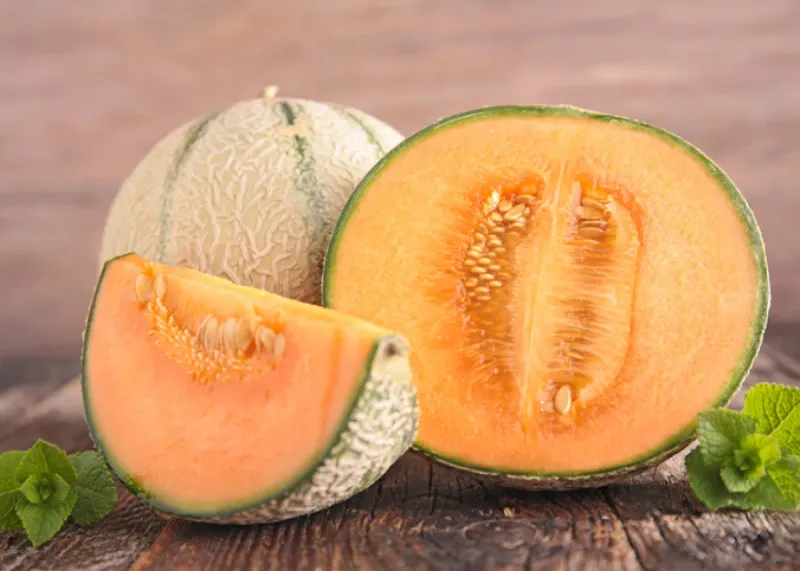
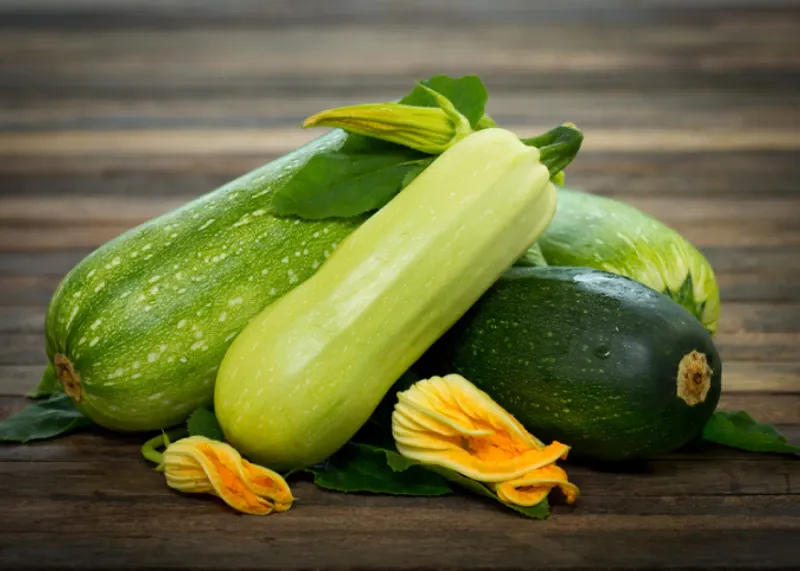
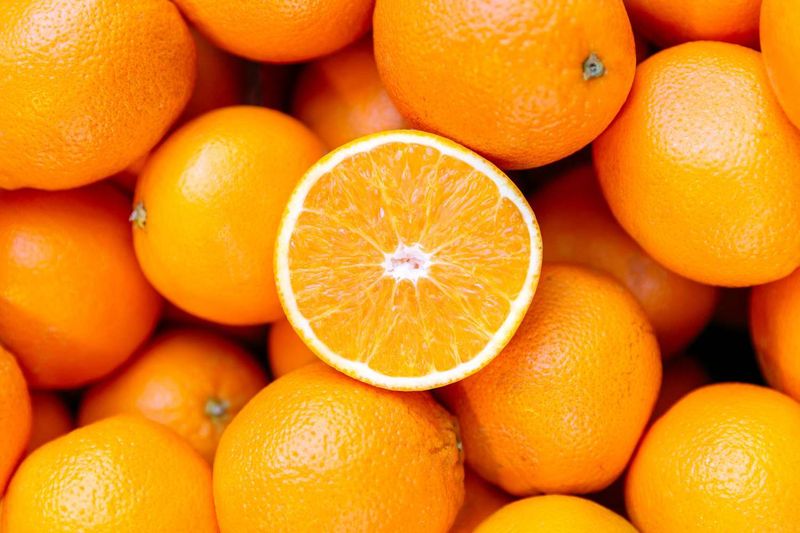
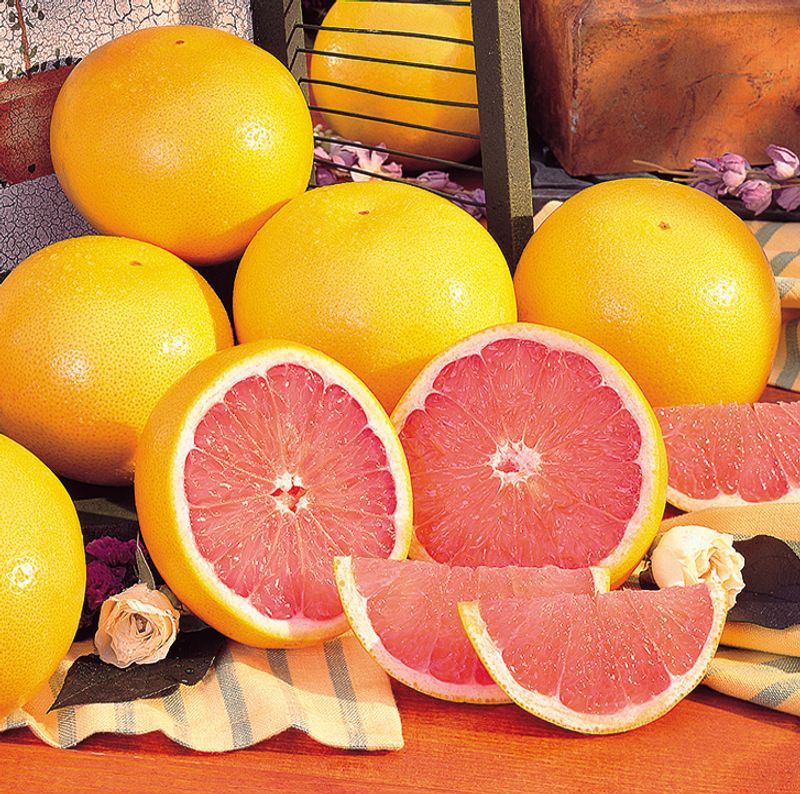
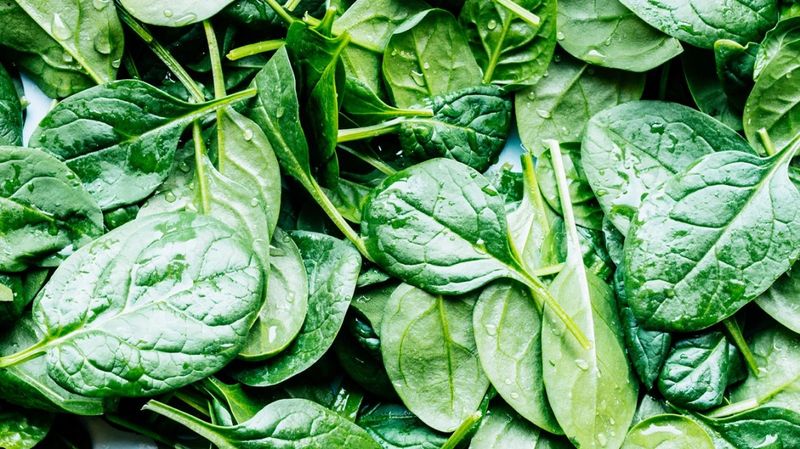
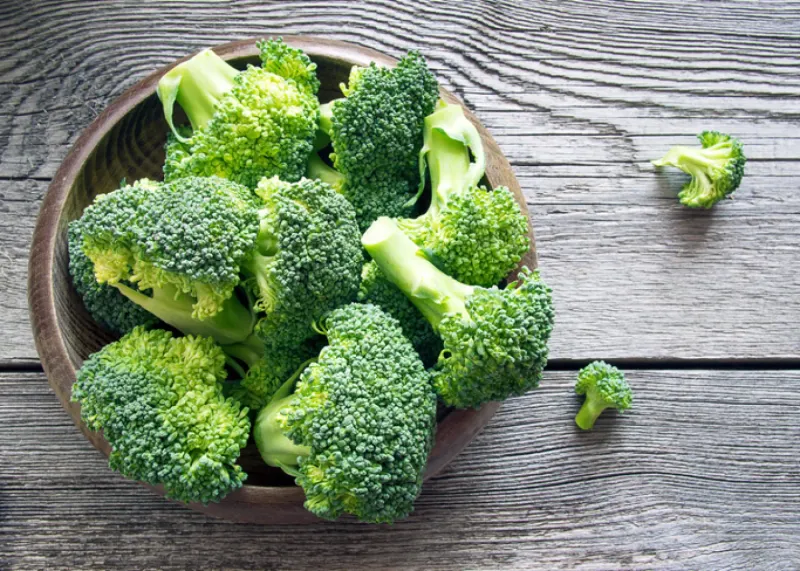
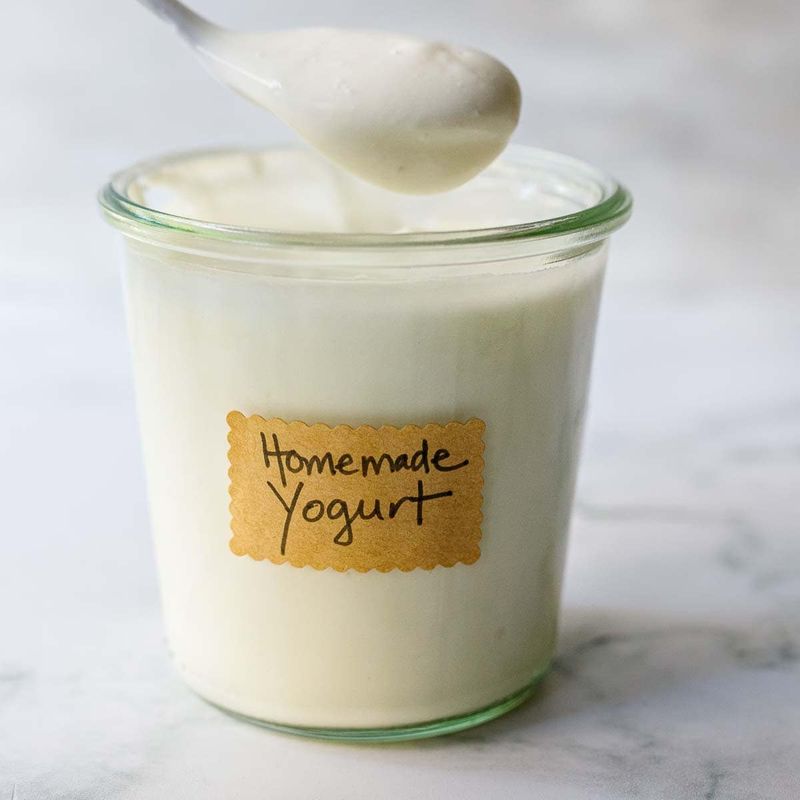
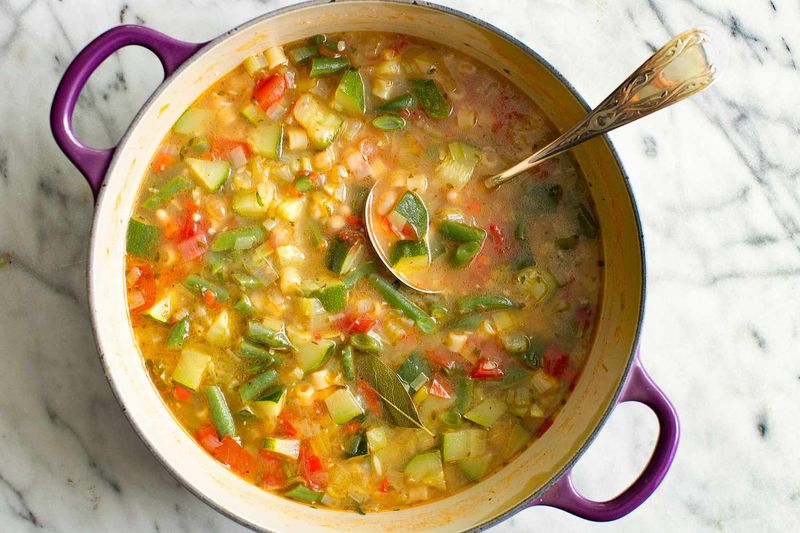
Leave a comment